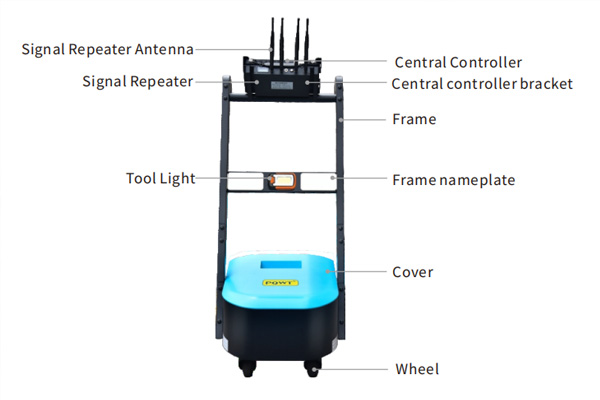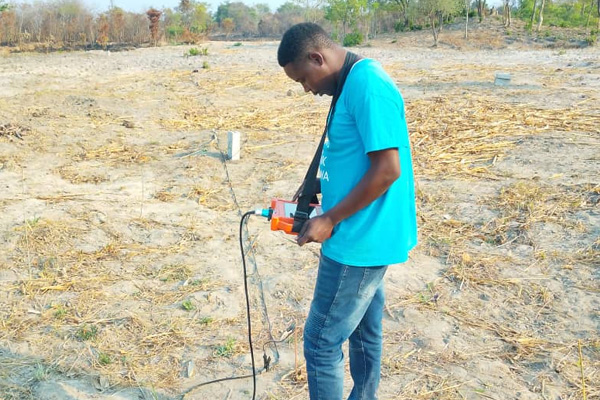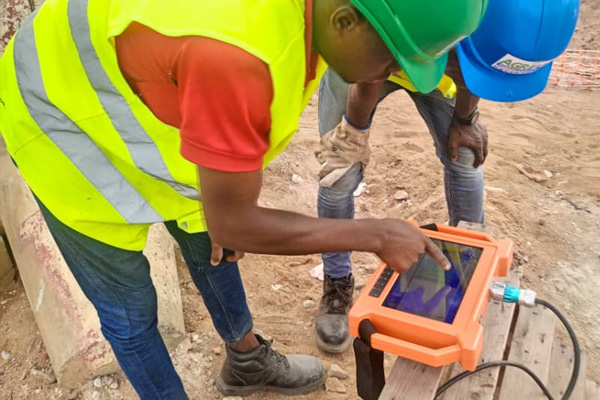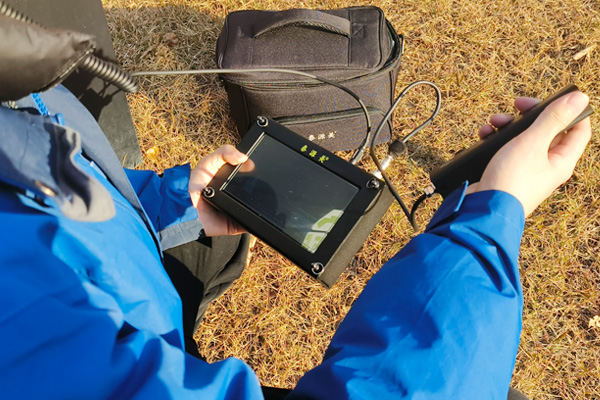The importance of groundwater as a source of life in the exploration of natural resources cannot be overstated. As the global water resources are getting tighter and tighter, how to efficiently and accurately detect ground water sources has become a key issue to be solved. ground water detector, as an innovative tool in this field, is gradually becoming a powerful assistant in water resources exploration with its unique advantages, scientific principles and wide application prospects.
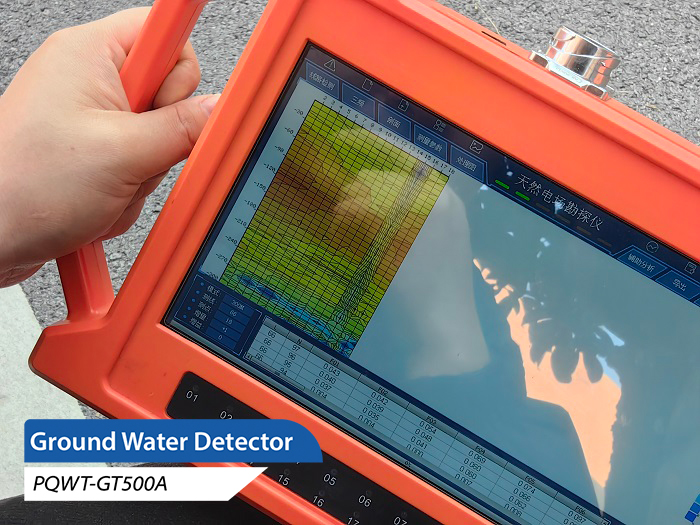
The principle of the instrument: the fusion of technology and nature
The ground water detector consists of two core components: a transmitter and a receiver. The transmitter is responsible for transmitting electromagnetic or acoustic signals into the ground, and when these signals propagate in the underground medium, they are inevitably affected by the underground water body, which produces specific interference effects. The receiver is responsible for capturing these interfered signals and analyzing key parameters such as signal propagation time, amplitude change and frequency characteristics through sophisticated signal processing technology. Based on these parameters, the detector is able to intelligently deduce the location of the presence of groundwater and its depth, providing accurate guidance for subsequent exploration and development.
Intelligent application of natural electric field
In addition to relying on advanced instrument technology, ground water detector also skillfully utilizes the natural electric field of nature. The earth's surface is widely distributed with natural electric fields formed by a complex combination of charged particles, atmospheric ionosphere and the earth's magnetic field. When groundwater is present, its unique electrical conductivity and dielectric properties significantly alter the characteristics of the surrounding electric field. The detector captures this subtle change and realizes high-precision positioning of the groundwater location by comparing and analyzing the difference of the natural electric field in the presence or absence of groundwater.
Advantages: Efficient, accurate and sustainable
Compared with traditional water detection methods, ground water detector shows a number of significant advantages:
1. Wide range of application: Whether in arid deserts, vast grasslands or rugged mountains, the detector can play its unique role, regardless of terrain and climate conditions.
2. Fast speed: the detection process is rapid and efficient, able to lock the location of water sources in a short time, greatly saving time and labor costs.
3. High precision: Advanced signal processing technology ensures the accuracy and reliability of the detection results, helping to realize the precise development and utilization of water resources.
4. Strong sustainability: The detector consumes almost no additional energy and water resources in the working process, which is in line with the concept of sustainable development and contributes to environmental protection.
Application Prospects: Vast and Boundless
With the advancement of technology and the aggravation of the global water crisis, the application prospect of ground water detector becomes more and more extensive. In the agricultural field, it can help farmers find irrigation water sources and improve crop yield; in the urban water supply system, it can provide new water supply points for the urban water supply network; in the industrial field, it can provide stable and reliable water resources for industrial production. In addition, in the field of geological exploration, mineral resources development and environmental protection, ground water detector also has great application potential and value.
In short, ground water detector is becoming a star product in the field of water resources exploration with its unique advantages, scientific principles and wide application prospects. With the continuous maturity and popularization of the technology, we have reason to believe that it will play an even more important role in the development and protection of water resources in the future, and contribute more to the sustainable development of human society.





